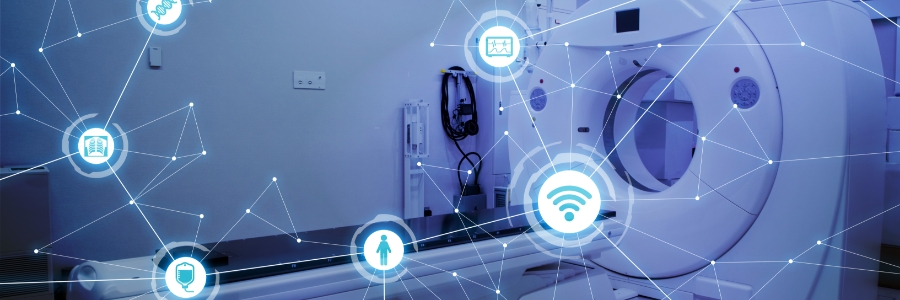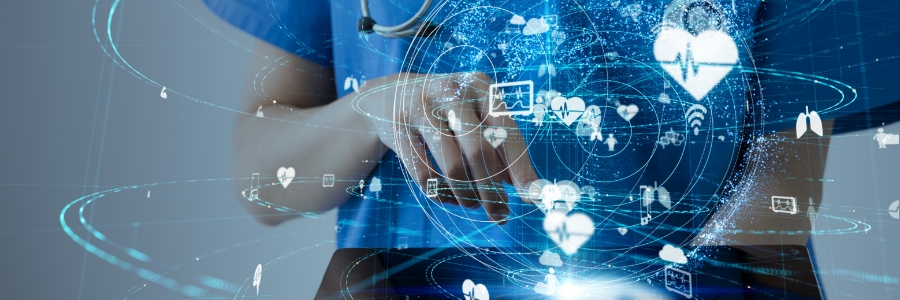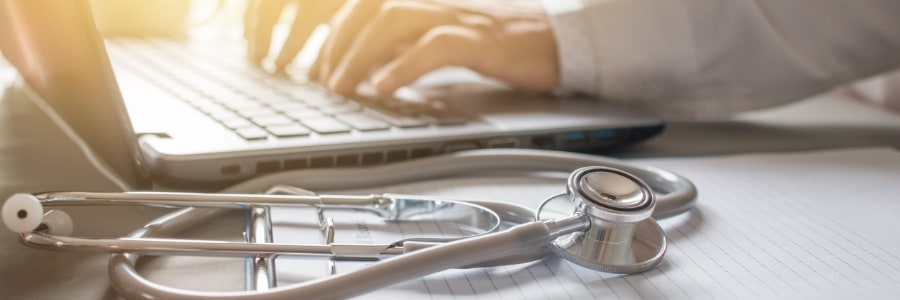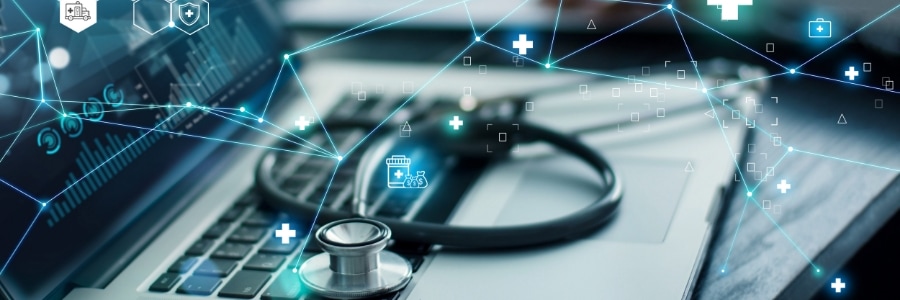In a world increasingly dependent on technology, healthcare providers cannot afford to have outdated and inefficient systems. When people’s lives are on the line, there can be no room for tech glitches. That’s where managed IT services providers (MSPs) come in: they can maintain and monitor systems round-the-clock so that practices can focus on providing quality healthcare.
How to pick the right EMR system for your practice

Electronic medical records (EMRs) allow healthcare providers to keep patients’ health records in digital format, eliminating the need for paper charts and ensuring that clients get accurate attention promptly. When selecting an EMR system for your healthcare practice, keep these key factors in mind.
Crucial tips to protect customers’ PHI
Can big data lower hospital readmission rates?

Business intelligence (BI) refers to the process of gathering data and turning it into useful insights. This data can be used to make better decisions about all aspects of a business, including operations, marketing, and sales. And in today’s world, big data is crucial in enhancing processes in major industries like healthcare.
Why your company should care about HIPAA compliance

If your organization handles sensitive patient information, you need to comply with HIPAA. Failure to do so can result in fines and penalties. Read on to learn more about the importance of HIPAA compliance to businesses like yours.
What is HIPAA
The Health Insurance Portability and Accountability Act of 1996 (HIPAA) is a federal law that establishes national standards to safeguard sensitive patient health information from being released without permission.
Are EHR systems better than paper-based systems?
HIPAA-approved social media guidelines for businesses

The Health Insurance Portability and Accountability Act of 1996 (HIPAA) was established with the goal of protecting the privacy of medical providers and their patients. The act sets standards for how healthcare organizations must protect patient information, including what kind of security measures must be in place to keep data safe.
Work from home exercises to help you stay fit
Cloud computing in healthcare: 5 Benefits you can’t ignore

Cloud computing has revolutionized the way businesses operate, and practices in healthcare are no exception. Cloud-based solutions offer many benefits over traditional methods, including reliability, convenience, security, and scalability. In this blog post, we will discuss some of the main advantages of cloud computing in the healthcare industry.




